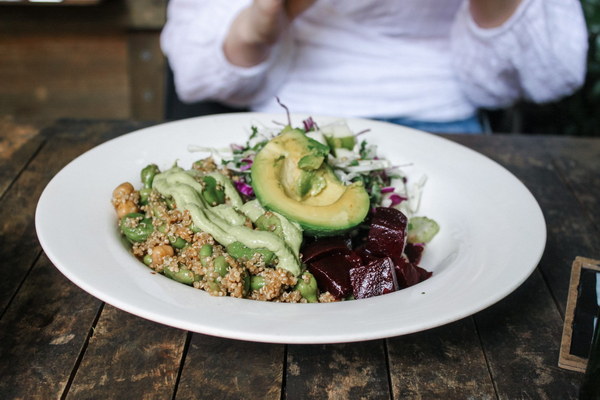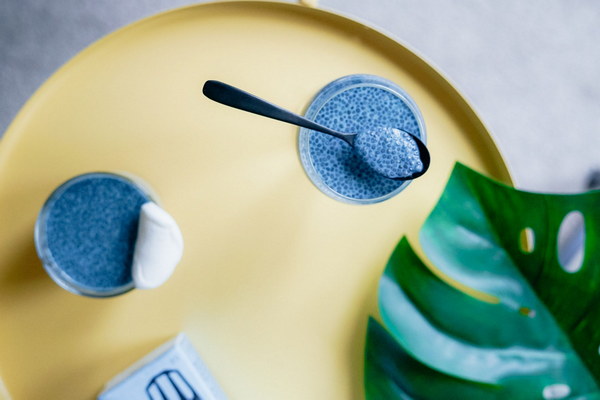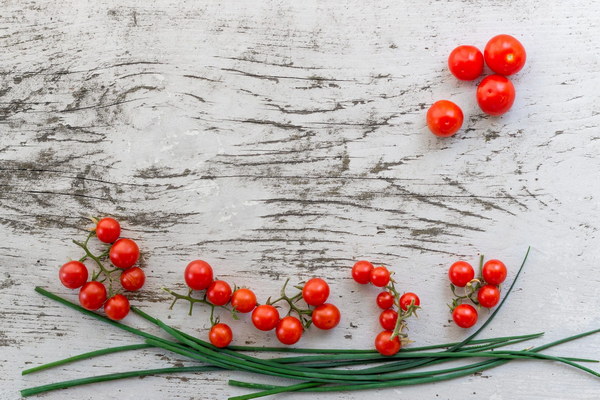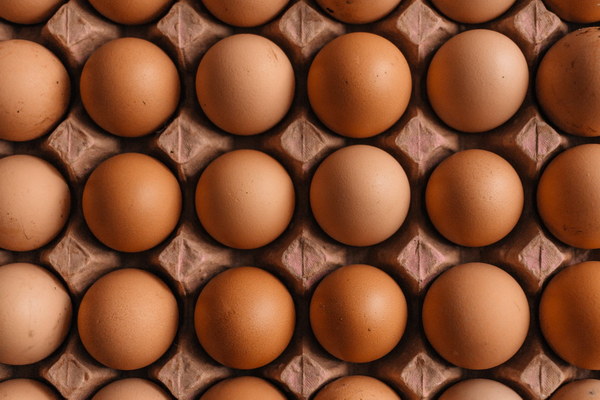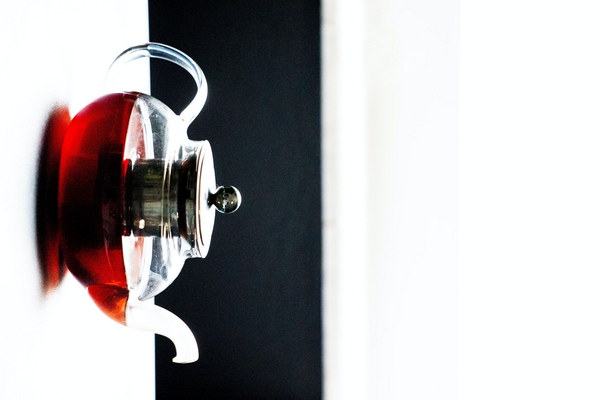Revitalizing Your Stomach and Digestive Health Discover the Benefits of Traditional Chinese Herbs for Treating Stagnant Food and Strengthening the Spleen
In today's fast-paced world, it's not uncommon to experience digestive issues such as bloating, indigestion, and constipation. These problems can often be attributed to the accumulation of stagnant food in the stomach, which can lead to an imbalance in the spleen and stomach functions. To address these concerns, traditional Chinese medicine (TCM) offers a wealth of herbal remedies that can help treat stagnant food and strengthen the spleen. In this article, we will explore the benefits of these herbs and how they can contribute to a healthier digestive system.
The spleen and stomach are two vital organs in the body that work together to maintain the balance of yin and yang. The spleen is responsible for transforming the nutrients absorbed from the food we eat into blood and energy, while the stomach's role is to break down food and absorb its nutrients. When either of these organs becomes weakened, it can lead to various digestive issues.
One of the most common herbs used in TCM to treat stagnant food and strengthen the spleen is Huang Qi (Astragalus membranaceus). Huang Qi is well-known for its immune-boosting properties and its ability to enhance the body's defense against pathogens. Additionally, it has a warming effect that helps to improve circulation and promote the healthy movement of qi (vital energy) throughout the body.
Another valuable herb for treating stagnant food and strengthening the spleen is Bai Zhu (Atractylodes macrocephala). Bai Zhu is often used to address issues such as bloating, indigestion, and diarrhea, as it has a soothing effect on the stomach and can help to alleviate the symptoms of spleen deficiency. It also aids in the absorption of nutrients, which is crucial for maintaining a healthy digestive system.
Chai Hu (Bupleurum chinense) is another herb that can be beneficial in treating stagnant food and strengthening the spleen. Chai Hu is known for its ability to regulate the flow of qi and blood, which can help to relieve bloating, pain, and other symptoms associated with digestive issues. It also has a mild diuretic effect that can aid in the elimination of excess fluid and toxins from the body.
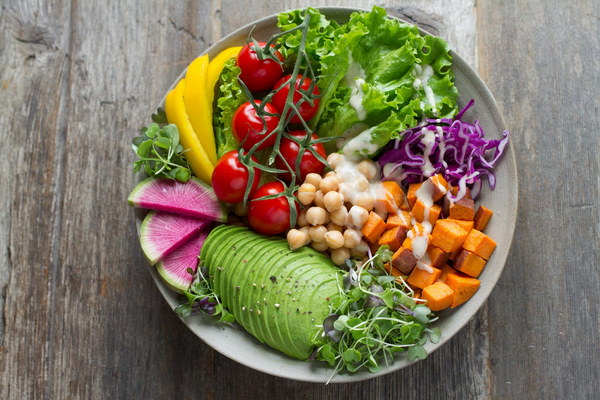
Fu Ling (Poria cocos) is a fungus used in TCM to address water retention and dampness within the body, which can contribute to the accumulation of stagnant food. By absorbing excess moisture, Fu Ling helps to regulate the body's fluid balance and improve digestion. It is often combined with other herbs to create a synergistic effect that supports the spleen and stomach.
To create a herbal formula that addresses stagnant food and strengthens the spleen, TCM practitioners may combine these and other herbs to create a personalized blend tailored to the individual's specific needs. One such formula is the Spleen and Stomach Formula, which includes Huang Qi, Bai Zhu, Chai Hu, and Fu Ling, among other herbs.
When using herbal remedies to treat digestive issues, it's essential to consult with a qualified TCM practitioner who can assess your specific condition and recommend the appropriate treatment. They will consider factors such as your constitution, lifestyle, and any other underlying health issues before creating a customized herbal formula.
In conclusion, traditional Chinese herbs offer a safe and natural way to treat stagnant food and strengthen the spleen, thereby improving overall digestive health. By incorporating these herbs into your daily routine, you can experience relief from digestive issues and enjoy a healthier, more balanced life.


